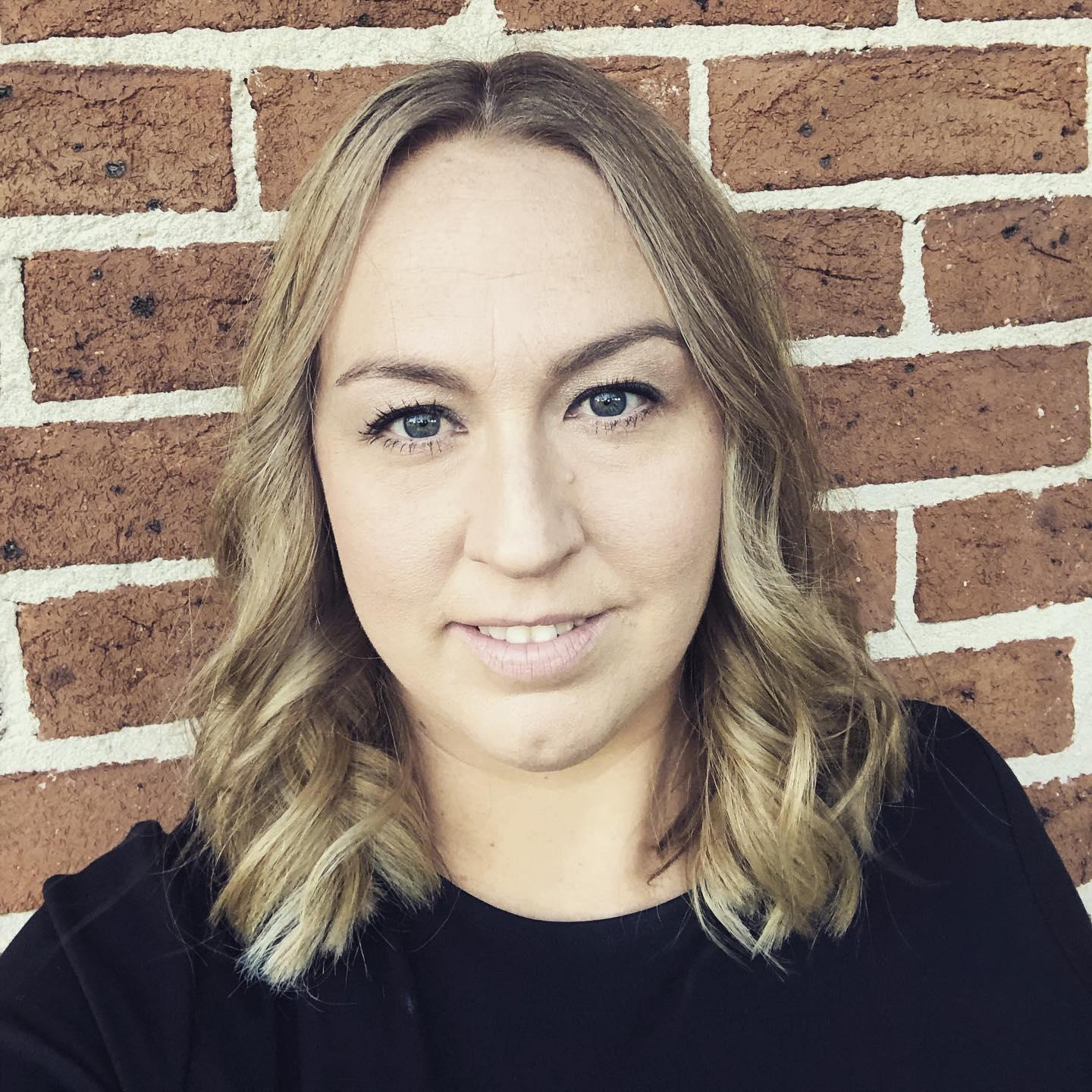The Oscar winning short film ‘Hair Love’ explains this better than I ever could but let me tell you how me getting to grips with my daughter's hair led me to think differently about my role as a parent, my daughter’s culture and why this is important in my work in autism.
When speaking about cultural identity with my daughter, sometimes she says mixed, but as she is getting older seems to be leaning more into either being ‘black’ or ‘African’. This is likely because of how the world reads her and treats her.
On first meeting her, the first thing people notice is her glorious mane of hair. It is waist length when stretched, has a mixture of tiny coils, looser coils and patches that are kinkier in texture. I have always adored her hair, but because I am a white woman whose hair is naturally wavy I initially had no idea how to manage it, care for it and style it. It’s certainly not a situation in which I could care for my child in the same way I was cared for as a child as her hair texture is completely different. So years ago I set about learning how to care for it appropriately. It’s been a process and I have found the advice I have received from black women invaluable, whether that be family members, the women at the African hair salon, and especially the huge amount of women making ‘natural hair’ content on the internet. If I didn’t have these people as sources of information, my daughter wouldn’t have her mane of truly glorious, natural hair.
Same world, different experiences
Hair is just one small example of the differences in raising a child that is culturally and ethnically different from yourself. Although I know my kids the best, there are so many areas of my children’s experience in this country that I can’t genuinely understand. Some of these include dealing with racism, the feeling you get when you are the only child that looks like you in your grade, negative stereotypes, and lowered/negative expectations from other people to name a few. Although we share the same world, we experience it in a different way.
So I seek advice from those who know how to best support and raise her so she can grow up to have confidence in herself and be proud of who she is. So, I will ask her father, family and friends for advice. I also consume content from social media creators in order to get a broader range of perspectives. Whilst none of their lived experience perfectly matches hers, I am able to gather bits and pieces from different sources and try to apply that insight to her situation.
Thinking about Harmony Week more broadly and trying to create better understanding and respect across cultures, I believe it’s essential to ask questions and genuinely listen. In my experience, people generally don’t mind sharing their experience particularly if it’s clear that those questions come from a place of good intention.
It occurred to me that my experience raising my daughter was not dissimilar to that of non-Autistic parents raising Autistic children. Over the years, I have met a lot of parents, and I see that just like me with my daughter they love their children with all of their being, they know them better than anyone, would do anything for them, and give anything to understand every part of them. As Aspect’s Working in Partnership Officer, this inspires me and I see such opportunity here to tap into the lived-experience of Autistic adults and to bring cultures together.
Ask, listen and learn.
Whilst autism is a very broad spectrum and not every Autistic adult will provide insight into the experience of every child, gathering a large variety of Autistic perspectives provides the very best opportunity to gain genuine understanding of autism. This is why at Aspect we have a strategic goal around working in partnership with Autistic people and do this by including Autistic people in our governance, employment and are committed to co-designing services and supports.
As a mother, I do have that feeling of ‘I know my child best’. However, in regard to this one aspect of their culture I don’t, that’s very humbling and requires letting go of a certain amount of my own pride as a mother to ensure I can understand and support her to the best of my ability. I know that the same lesson that applies with my daughter also applies in autism.

Ainslie Robinson is a proud Autistic mother living in the Sydney area ; she is also a Research Assistant and Working in Partnership Officer at Aspect.
Harmony Week celebrates Australia’s cultural diversity. It takes place in March each year and includes March 21st, the United Nations' International Day for the Elimination of Racial Discrimination. This year, Harmony Week runs from Monday 21 to Sunday 27 March.



